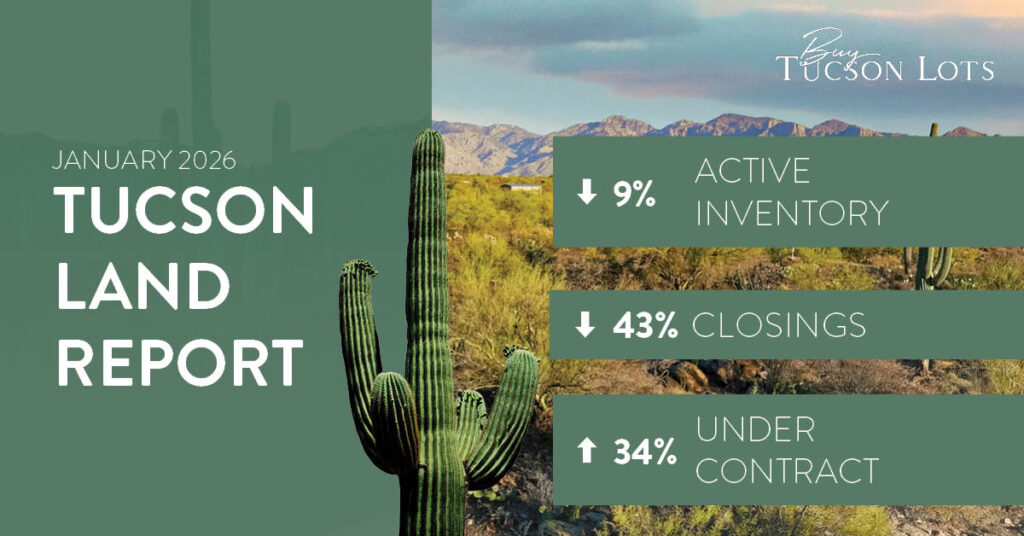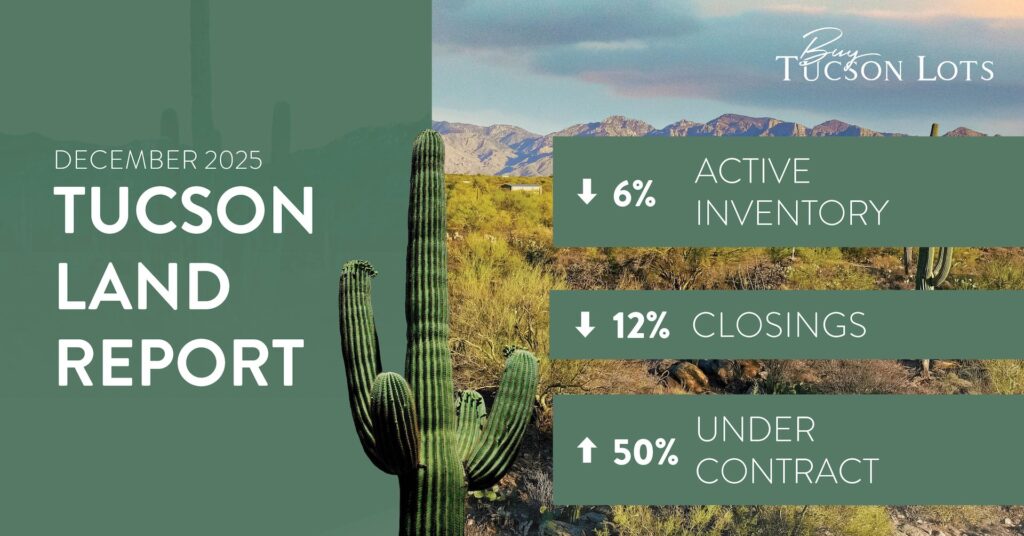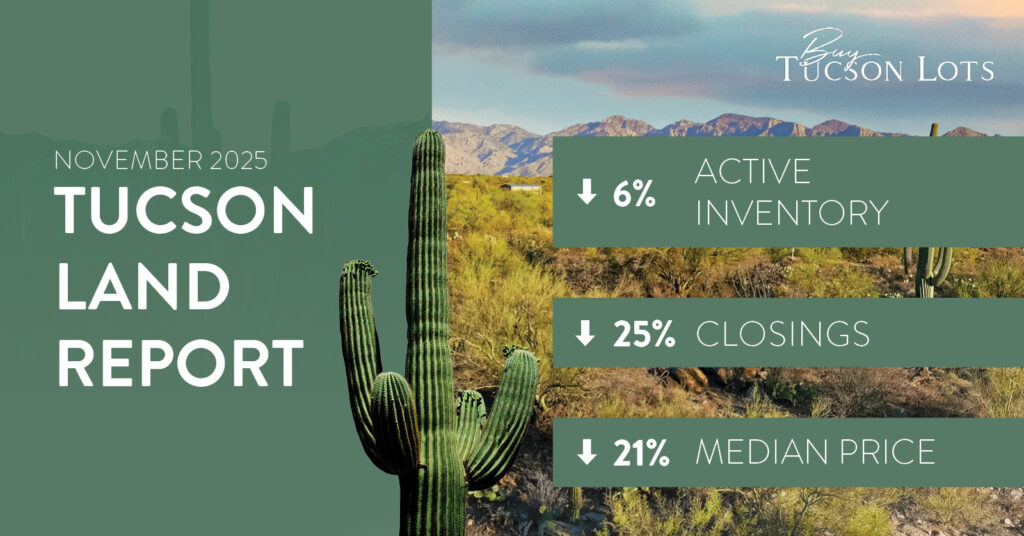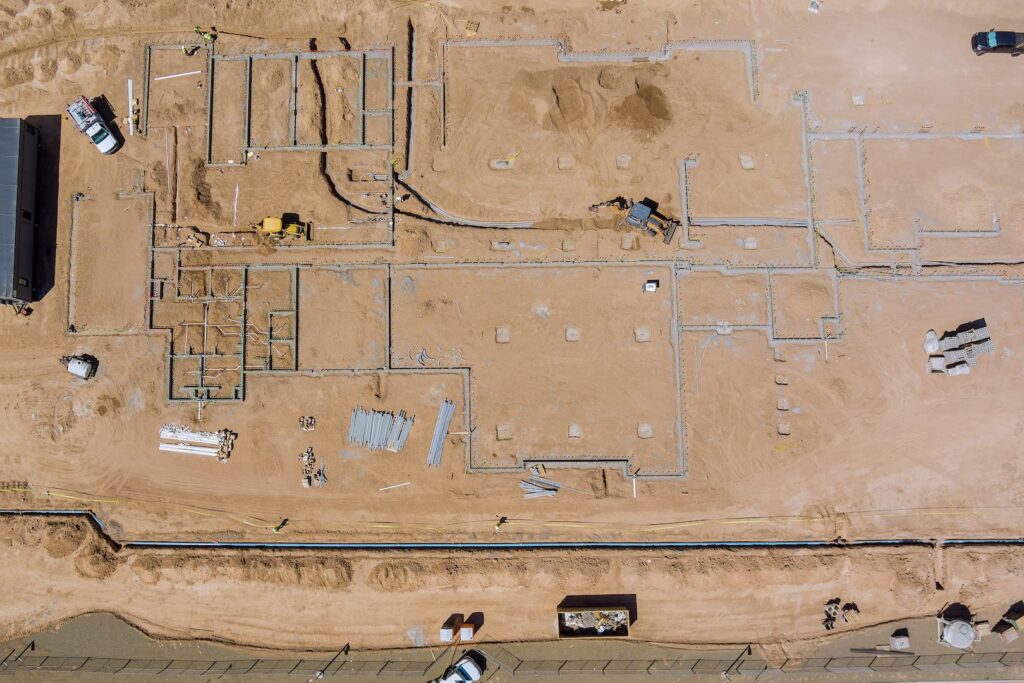You’ve been in the market for a new home, but for one reason or another, none of the homes on the market match your vision of the right home for yourself and your family. Rather than settle for something that is less than what you need or wants in a home, many people in this position opt to skip buying the existing homes altogether and instead start the process of finding the perfect piece of land to build the home of their choosing.
The commitment to purchase land should never be made without a lot of consideration. I can honestly say that buying land and building the home of your dreams or turning a land purchase into a sound investment is a life experience that you will never forget. As with most things, including buying an existing home, there are ups and downs (way more ups than downs, I promise!), so it is important that you learn as much as you can about the process, what to expect, and the pitfalls to avoid in order to make the land buying process as smooth as possible.
Location, Location, Location
One of the most important, if not the most important factor in your land purchase, is where your home will be. The location of your home is an investment in the property, the potential value of your land, how that property will serve you and your family, and of course, what you will see when you open up your curtains and front door.
It can be difficult to imagine what your land will look like not only when it’s completed, but when there is a neighborhood built up around it, but you should still consider how future building both right near your home and in the surrounding area will impact your location.
If you are buying into an existing community, this is much easier, but be sure to look at the zoning around the property you’re considering so you can be sure that your future home site will be what you want it to be both now and in the future.
Fees and Costs
There are likely more fees and costs that go into the process of buying a home that you need to know about before you commit to building. Most land buyers go into the land buying with a solid budget in mind, but some fees come as a surprise to first-time builders.
The plans that your builder will use to build your home, for example, will cost you a few thousand dollars. Other surprising fees include land surveys, insurance, inspections, and additional fees for utilities, access, and the like.
Be sure to speak with your developer or land specialist and ask for a full list of possible additional costs that will need to be factored into your budget.
Road Access
It seems pretty obvious that you will need access to your land, but what sometimes happens is that the remote piece of mountain land that you’re interested in buying is for sale, but there is, for some reason, no road access to the property.
Another road access issue that comes up occasionally is that the existing road access to the property is present, but belongs to another property holder in the area and is a private access road. In this case, you will have to speak with the neighbors who own the private road and arrange it so that you and your builders could access the road.
Permits
There are a lot of things that require a permit when it comes to building your home. It may seem like a bit of pain, but regulated permits are a good thing, helping to protect people from dangers they may not have known to be on the lookout for. To build a home, your builder will need construction permits for the property, and you may need permits for things like well drilling, installation of septic symptoms, and remodeling.
Again, don’t look at permits as a bad thing. They are there to protect you and your family and ensure that you have a solid, legal investment.
Ordinances
You may have chosen a private lot with nothing but mountain views because you wanted to get away from it all, but many lands, especially those in highly-sought after areas, are kept pristine and valuable because they have ordinances to protect the land.
From HOAs and other types of associations to subdivision restrictions, there are some rules and regulations that may already be in place that you will need to reconcile with before you commit to buying in a location that requires you to abide by local ordinances.







